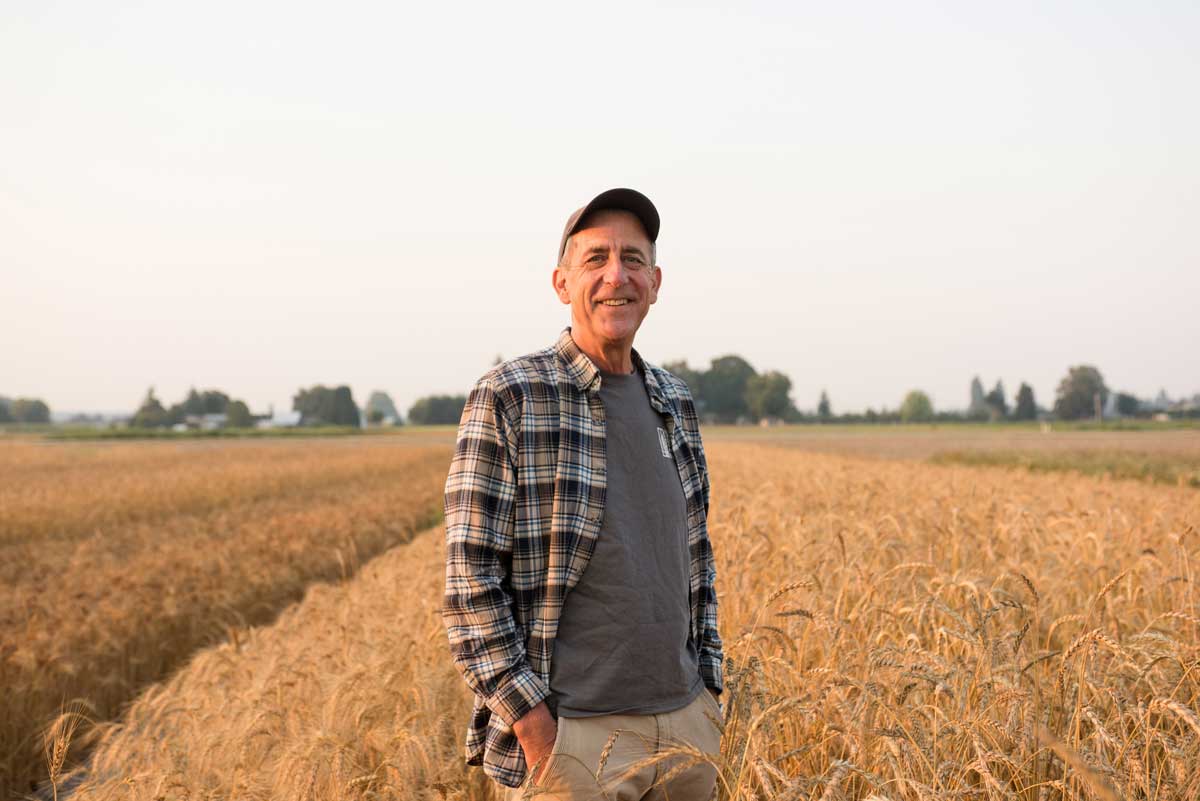The Washington State University Bread Lab and its founder Stephen Jones, Ph.D., has made an important mark on the baking industry, despite its relatively small size.
While Dr. Jones acknowledged that large milling and wholesale baking operations dwarf the Bread Lab’s research capabilities, production and manpower, he also noted that the lab’s influence casts a long shadow, which has grown significantly since 2016.
Founded in 2011 as a small project in the university’s Mount Vernon Research Center, the initiative has now grown to encompass a research and baking kitchen, a cytology lab and more. It has expanded from a 600-square-foot lab to a 12,000-square-foot facility near Burlington, Wash., where it can now accommodate a host of projects.

Recently, apparel company Patagonia launched a program called Patagonia Provisions, which sells buckwheat and blue and other colored wheat grains bred by the Bread Lab and its partner farmers.
“Together we look for flavor, nutrition and organic. Those are the big three,” Dr. Jones said of the support and partnership with Patagonia. “Their help allows us to discover grains such as colored wheats and short-lived perennials.”
Additionally, while spending time as a visiting fellow at Drexel University in 2017, Dr. Jones opened an East coast branch of the Bread Lab at the university. Then, the Bread Lab at Drexel University announced a partnership with Whole Foods, Austin, Texas, to develop a whole grain baguette for the retailer’s Philadelphia locations. Made with fresh-milled wheat, the loaves are baked in-store. The whole grains, supplied by a local miller, add a rich, nutty taste to the bread and carry a flavor similar to that of sourdough.
When the lab moved into its larger facility in 2018, Dr. Jones wanted to include a baking school and invited King Arthur to participate. With the help of the Vermont-based supplier, the Bread Lab opened the school in Skagit County, Wash. Bakers from Seattle, California and even Canada have attended the school’s sessions that cover a variety of themes, including pizza, sourdough, croissants and even holiday cookies.
While making a difference in the local community is a priority, the Bread Lab is trending toward a greater impact across the country, and Dr. Jones is looking for new ways to incorporate specialty wheats into everyday bread.
“We are working more on the accessibility of what we do,” he said. “Rustic burned loaves with big holes have been done for several years now. There isn’t much discovery to be had there.”
Instead, he said he is working with rye and buckwheat for soft sandwich-style bread.
Dr. Jones breeds wheat to be used at 100% as opposed those designed for white flour extraction.
“We breed the lines of buckwheat and wheat to improve the environment by requiring fewer inputs in diverse organic systems while capturing carbon and being high-yielding, nutritious and flavorful,” he explained.
The cultivation of these grains has piqued the interest of companies including Clif Bar & Company, Emeryville, Calif. In 2018, the bar producer announced it was partially funding a $1.5 million endowment to the Bread Lab that includes $850,000 from Clif Bar & Company, $500,000 from King Arthur Flour and $150,000 from other organizations and individuals.
While some of the research done at the Bread Lab can’t be immediately applied to the wholesale baking industry, it does move the needle forward toward awareness of more healthy wheats and bread.
“More and more people are asking, ‘Who do the ingredients in my food benefit? Me? Or the producer?’” he said. “These are the people that we serve; this area is under-represented in the research realm.”
And those are the people that are driving other better-for-you trends across the industry.
By working with regional farmers to breed and farm specialty wheats, the Bread Lab is creating a big network of small operations. And the work being done to improve whole wheat bread may soon make larger waves in wholesale manufacturing.




